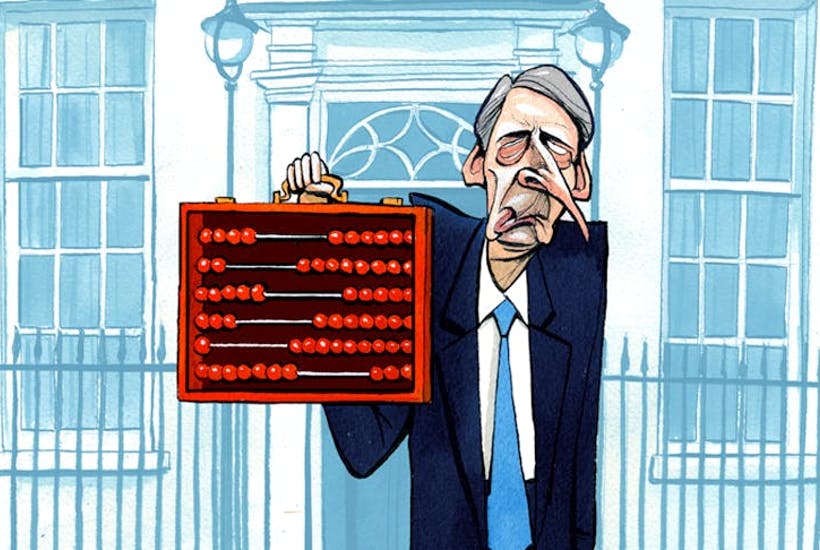One of the joys of Budget analysis is looking for the unexploded bombs, the measures that could – to use the traditional verb – unravel and cause the Chancellor future torment. I’m not claiming to have spotted a confirmed UXB here, but there are several signs in the Budget papers that suggest that the changes to Universal Credit will come in for a lot more scrutiny in the coming weeks.
The headline announcement on UC is a good one: Philip Hammond has decided to increase the amount of money UC claimants can earn before they start to lose benefits, known as the Work Allowance. This will cost the Treasury £1.7 billion a year by 2024.
Politically, this is sensible and positive. It suggests that ministers are, albeit rather late, accepting that the major cuts George Osborne made to the Work Allowance in 2015 were a bad idea. Those cuts were always impossible to reconcile with Tory rhetoric on “making work pay” – a party that claims to be on the side of the working poor should never have signed off on a policy that makes it harder for people to work their way out of poverty.
But a close read of the Office for Budget Responsibility’s report on the Budget raises several warning flags about the policy and other changes in UC implementation announced today.
The OBR normally gets sight of Budget policies in enough time to analyse them and judge how reliable the Treasury’s numbers are. Not so in this case. The OBR was, in fact, only told about the full package of UC reforms last Wednesday, October 24th. In Budget terms, that means this was a last-minute decision, one of the very last bits of the package to be agreed.
So what? Does it matter that ministers couldn’t agree on the UC changes until late in the day?
Well, here’s an interesting observation from the OBR:
“Experience warns that mistakes are inevitable when such changes are estimated in haste late in a Budget process – this was certainly true following the Summer Budget 2015 welfare cuts. So, in the absence of a certified estimate of the cost of the package, we have incorporated the Government’s estimates but warn that these are very likely to change once DWP analysts have been able to model their effects properly. We cannot predict in advance whether such changes will increase or reduce the cost of the overall package.” (My bold)
That’s practically an official warning that the Universal Credit package, while sensible in intent and appearance, could yet unravel. If, as the OBR says is possible, Hammond’s changes today end up reducing the cost of the Budget package (IE: making Universal Credit less generous), trouble is sure to follow.
The personal and political costs of welfare reform have been a persistent problem for the Conservative Party since 2010. Don’t expect this Budget’s promises to change that.







Comments